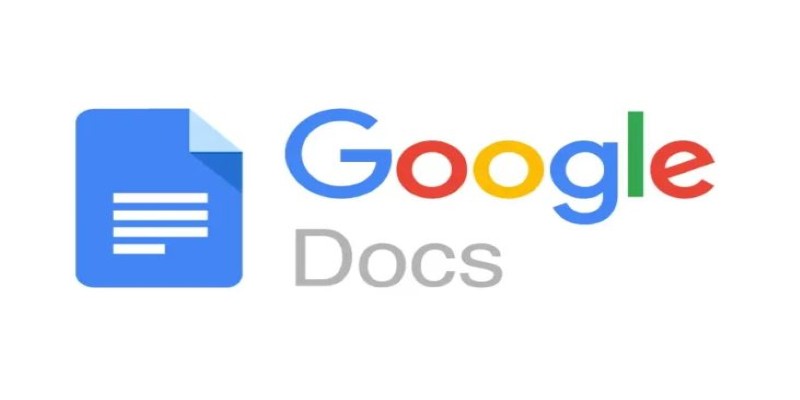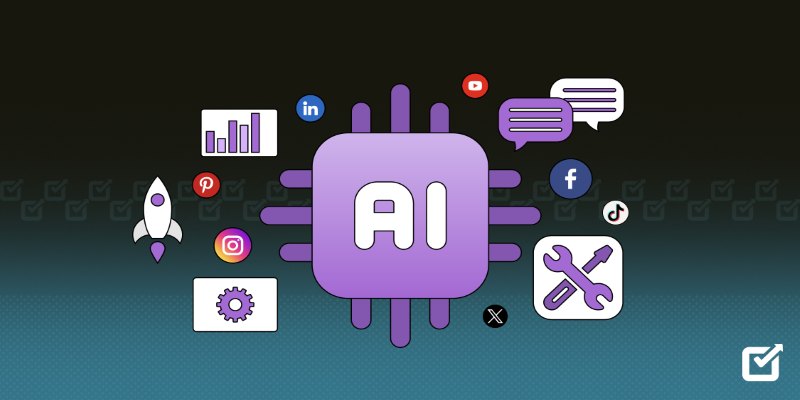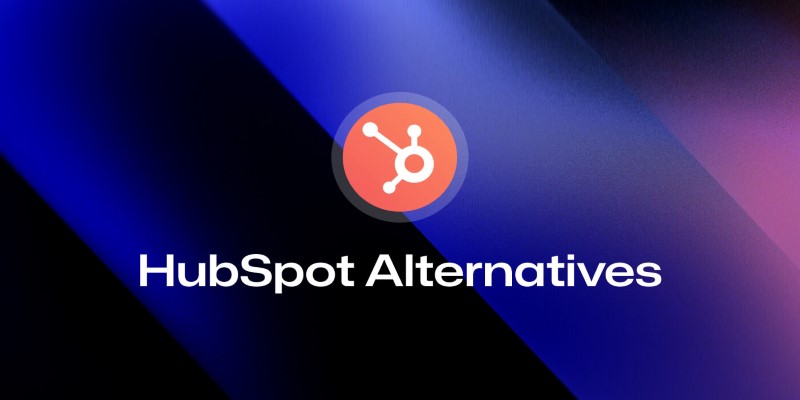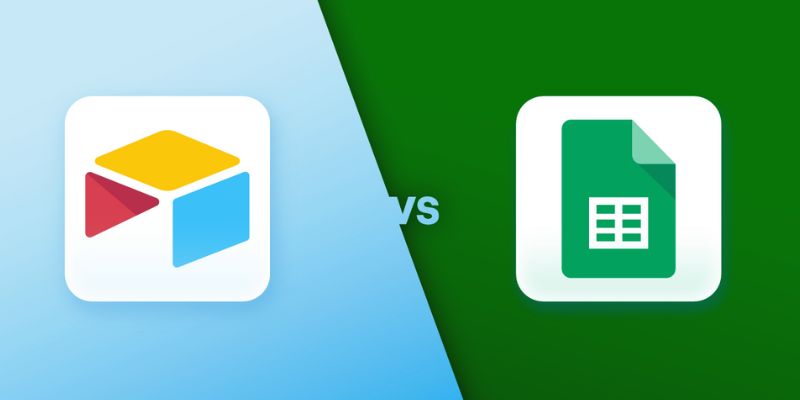Simplifying Workflows with Online Document Editors
Advertisement
Writing and editing documents used to be a hassle. If you've ever saved a file as "Final_Final_v3," you've seen the confusion offline editing brings. Online document editors have changed that. These tools let you write, collaborate, and update in real-time—no back-and-forth emails or version mix-ups. Whether you're planning a team project, building a shared knowledge hub, or drafting client content, they make things smoother.
From Google Docs's clean simplicity to Notion's all-in-one power, each tool has its strengths. This article highlights the top online document editors and how to choose the one that fits your workflow.
Top Tools for Online Document Editing
Online document editors have evolved from simple typing platforms to full-featured collaborative workspaces, helping teams and individuals stay productive and organized in real-time.
Google Docs
Google Docs has become the standard in online writing tools, and it's easy to see why. It's free, fast, and syncs instantly across devices. You don't have to worry about saving documents—changes are saved automatically as you type. That alone cuts out a lot of stress. However, what makes Google Docs powerful is its collaborative features.

Multiple users can write and edit at the same time. You can leave comments, tag people, and even suggest edits instead of making direct changes. It's also tightly integrated with other Google services. Need to send the doc to someone? Just grab the link. Want to back it up or convert it into a PDF? A few clicks, and you're done. For group projects, small businesses, or just keeping track of notes, Google Docs keeps things simple but effective.
It also supports third-party add-ons, meaning you can customize it to your workflow. From grammar checkers to citation tools, the add-on marketplace gives it an edge for academic, professional, and creative writing. Its familiarity and accessibility make it hard to beat.
Notion
Notion isn’t just a document editor—it’s more like a digital workspace. You can take notes, build databases, create checklists, manage tasks, and collaborate all in the same place. At first glance, it might seem overwhelming because of how much it can do, but it’s actually designed to be flexible and user-controlled.
Notion shines when it comes to organizing ideas. You can build wikis, meeting notes, or product roadmaps that are visually appealing and logically structured. You’re not limited to plain text—you can add tables, code snippets, images, and even Kanban boards directly into a page.
One standout feature is the way you can link pages together. You can build an entire internal knowledge system that is connected and searchable and keeps everything within reach. It's also perfect for teams looking for a central hub that mixes documents and task management. While it's not ideal for long-form writing like novels or research papers, it's brilliant for planning, ideation, and documentation.
Because Notion works with real-time collaboration and supports team workspaces, it's a solid pick for startups and creative professionals who want more than just a blank page.
Microsoft Word Online
Microsoft Word Online brings the familiar feel of classic Word to the cloud. For those who’ve used Word for years, the transition is seamless—it looks and behaves much like the desktop version but with added flexibility. It integrates well with Microsoft 365, making it a smart pick for users already tied into OneDrive, Excel, or Outlook.
It includes essential tools like advanced formatting, templates, and real-time collaboration. You can co-edit, leave comments, and track changes—functions that are especially useful in business or academic settings. It also handles complex layouts and document formatting better than some other online editors, which is helpful when dealing with charts, styles, or structured content.
The platform can feel a bit heavier in load time, particularly with larger files, but that’s a trade-off for its compatibility and feature depth. If you're in an environment where .docx files are the norm, Word Online keeps things smooth and accessible while offering the convenience of cloud-based editing.
Zoho Writer
Zoho Writer might not be as well-known as Google Docs or Word Online, but it's a powerful option packed with features. It supports real-time collaboration, version tracking, and easy document sharing—just like the big names. What sets it apart is its clean interface, built-in grammar and readability tools, and a distraction-free writing mode. It also works offline, which is great for staying productive without internet access.

Where Zoho Writer really shines is in automation. You can create templates, set up approval workflows, and connect them with other Zoho apps like CRM and email. This makes it especially useful for businesses that want a writing tool deeply tied into their broader systems. While it might not be as polished in design, Zoho Writer offers a flexible, feature-rich experience for users who need more than just a blank page to write on.
Dropbox Paper
Dropbox Paper is built for simplicity. It’s stripped-down but surprisingly versatile. If you're already using Dropbox for file storage, Paper feels like a natural extension of your workflow. It doesn’t aim to be a word processor in the traditional sense. Instead, it focuses on collaborative note-taking and brainstorming.
You can embed media, assign tasks, and write together in real-time. It's great for meeting notes, weekly plans, or shared brainstorming documents. Paper supports rich media—like videos, images, and even code—directly in the document, making it feel more alive and collaborative than a plain editor.
Where it falls short is in formatting and offline access. It’s not built for heavy-duty editing, but it’s quick and clean for light writing and teamwork. If you're managing a small team and already living in Dropbox, Paper can be a surprisingly effective addition to your toolkit.
Conclusion
Online document editors have changed how we write, share, and collaborate. Whether it's the simplicity of Google Docs, the flexibility of Notion, or the automation of Zoho Writer, each tool offers something useful. The key is choosing the one that fits your daily workflow. With so many solid options, it’s easier than ever to stay organized, productive, and connected. Try a few, find your match, and let the right tool handle the heavy lifting in your work routine.
Advertisement
Related Articles

The 8 Best AI Tools for Social Media Management in 2025 to Streamline Your Strategy

How to Use Feathery for Better No-Code Forms and Workflows: A Complete Guide

The 10 Best Campaign Management Software Tools in 2025 for Effortless Marketing Success

The 9 Best Asana Alternatives in 2025 to Plan, Track, and Deliver Smarter

Mind-Blowing AI Art Generators in 2025 That Are Redefining Creativity

The 8 Best Email Apps for iPhone in 2025 to Keep You on Top of Things

HubSpot vs. Marketo: Features, Benefits, and Drawbacks Explored

Docusign vs. HelloSign (Now Dropbox Sign): Which is Best for Your Business

Building Flexible Online Tools: The Power of Responsive Design

Top 5 Ways to Automate Google Analytics for Better Efficiency

The 8 Best HubSpot Alternatives in 2025 for Smarter Growth and Less Hassle

 lameuplay
lameuplay